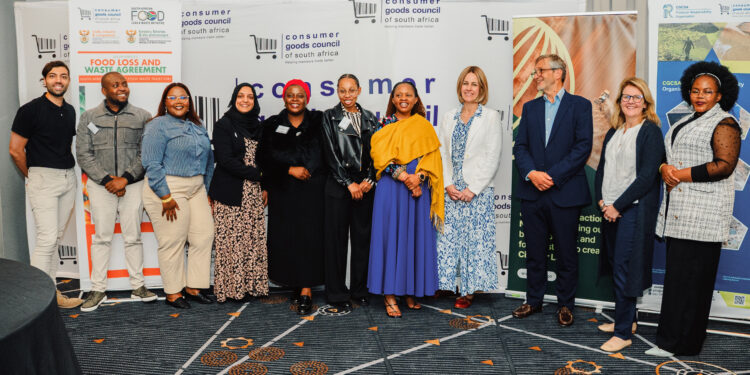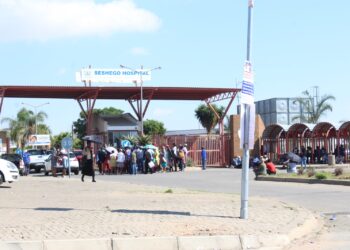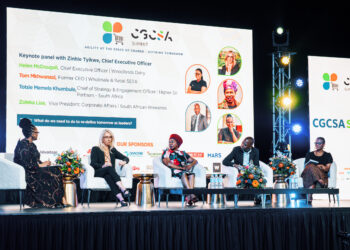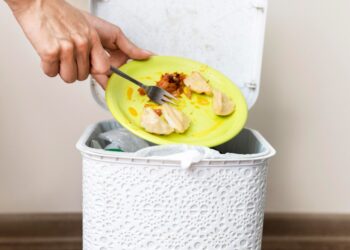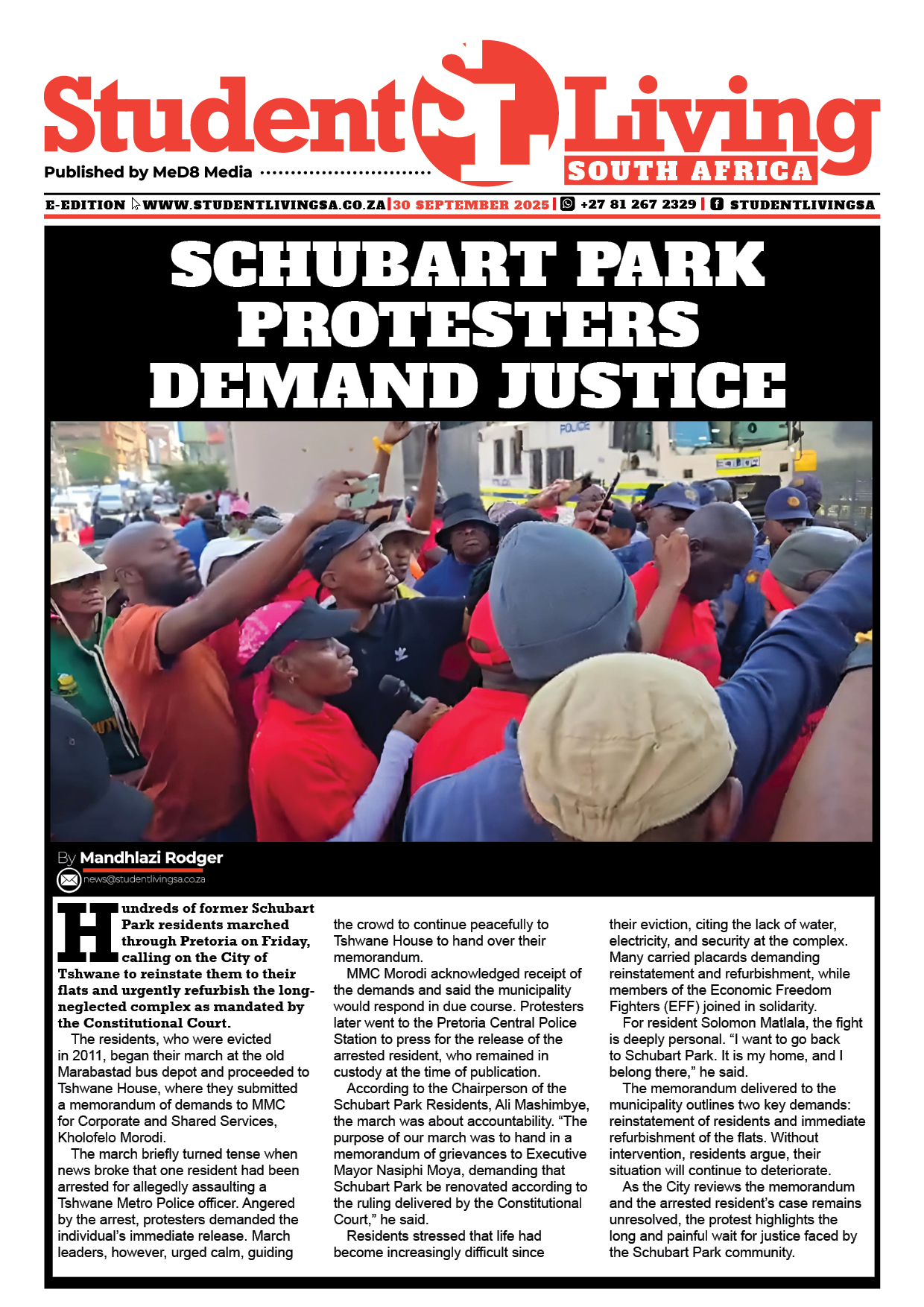Johannesburg, 29 September – Every year, South Africa throws away around 10 million tonnes of food while millions of people go hungry. To tackle this crisis, the Consumer Goods Council of South Africa (CGCSA) hosted its fifth Food Safety and Sustainability Seminar, bringing together government, businesses, universities, and activists to find real solutions. The event, held in Ekurhuleni, marked the United Nations’ International Day of Awareness of Food Loss and Waste, and the message was clear: it’s time to stop talking and start acting.
Gauteng MEC for Agriculture, Vuyiswa Ramokgopa, gave the keynote address, pointing out how food waste directly affects communities. While huge amounts of food are lost in the supply chain, 1 in 5 households still go to bed hungry. Children, in particular, suffer from stunting and poor nutrition, a reality that South Africa cannot afford to ignore. “Food waste is not just about throwing away leftovers – it’s about lives, health, and opportunities lost,” she said.
The seminar gathered voices from across the food chain – from farmers and retailers to researchers and solution-driven entrepreneurs. International partner WRAP added a global perspective, while South African government departments including DFFE, DTIC, and Social Development emphasised their support for national action. Speakers included Zinhle Tyikwe (CEO of GS1 South Africa), Nicole Roos from Nestlé, and food safety expert Professor Lise Korsten from the University of Pretoria, who all stressed that reducing waste also means saving resources like water, energy, and money.
Zinhle Tyikwe outlined what successful implementation looks like: “Target, Measure and Act.” The framework is simple but powerful: set specific waste reduction targets, measure progress transparently, and take concrete action when goals aren’t being met. It’s the difference between making promises and delivering results.
One of the standout stories came from Omor Oyebola, founder of Tonop Food and Confectionary in Pretoria. Instead of cooking in bulk and risking waste, her business produces pre-ordered meals only, ensuring every plate counts. “It’s about being accountable,” she said. “We need to rethink how food is made and shared.”
For Matlou Setati, who leads Food Safety and Sustainability at CGCSA, this work is deeply personal. “I was raised by a merchandiser working in a retail store – that’s the core of my passion for this initiative,” she shared. Her background connects her to the everyday reality of food supply and inspires her to push for change. According to Setati, the goal is to halve South Africa’s food waste by 2030. For the last five years, the focus was on raising awareness and building partnerships. The next phase is about measurable impact. “We’re calling on the fresh produce, dairy, and other key sectors to join us in reducing food loss,” she said. “Our aim is not only to keep waste out of landfills, but also to make sure surplus food reaches people who need it most.”
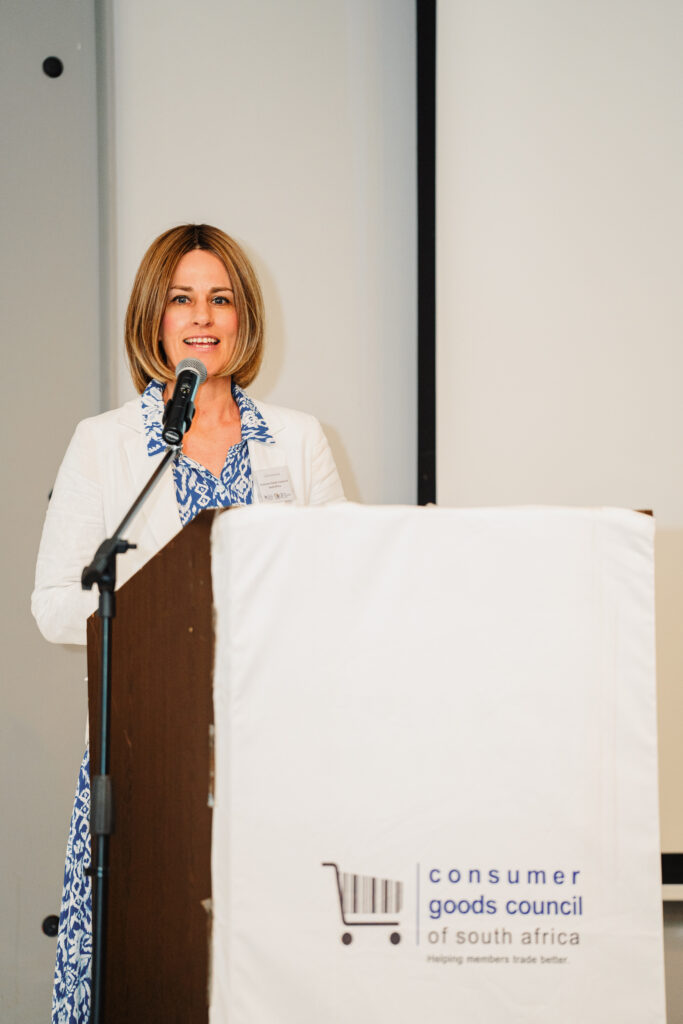
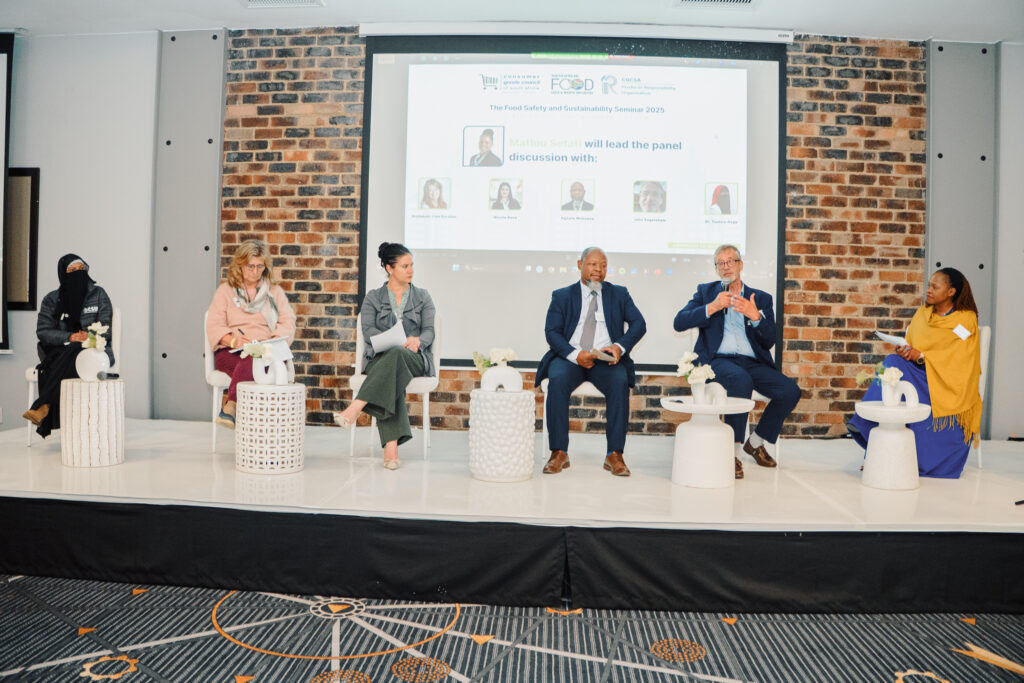
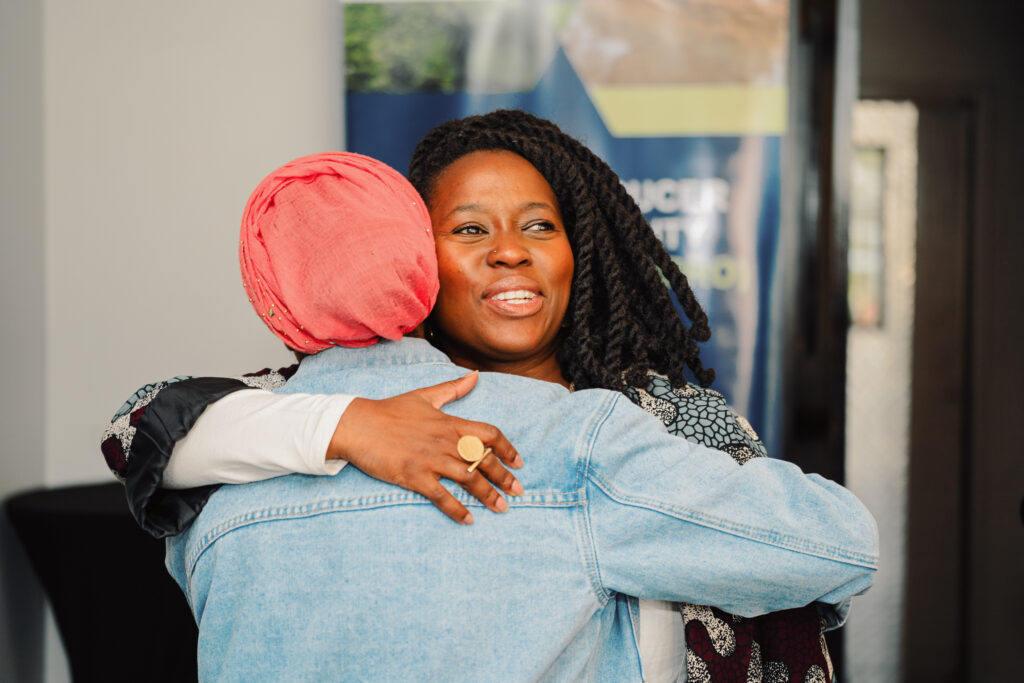
Linda Drummond, Manager of the South Africa Food Waste Loss Initiative, celebrated five years of progress and issued a call for more partners to join the movement. Those interested can reach out at flw.initiative@cgcsa.co.za.
Why We Should Care
For young people, this isn’t just an “industry problem.” It’s about our future. Less food waste means more affordable food on student budgets. Better nutrition creates healthier communities and stronger education outcomes. And sustainable food systems open up more jobs and innovation opportunities in a growing green economy. The United Nations has set the challenge to cut food waste in half by 2030. If South Africa steps up, it means millions fewer people going hungry and billions of rands saved.
The takeaway from the seminar? Change starts now – and we all have a role to play.


